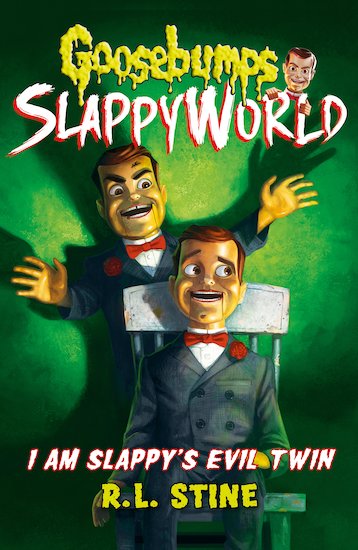
…And it’s a damned good thing too seeing as practise mode is about as barebones as they come and doesn’t actually include a move list at all (or much of anything else either). It would also be fair to say that the brevity of the move lists and the universal simplicity of their execution (standard special attacks are always something like “down, down, kick” or “down, forwards, punch”) does at least mean it’s easy to pick up Rhythm Busters casually and flit around the character select menu without having to invest any time learning how a character plays in the game’s practise mode first.

Having said that there’s no doubt regular combat feels fast and bouncy, and while I wouldn’t go as far to call it fluid there is at least a definite sense of flow and movement (unlike, say, Nitoshinden) to your blows. There is absolutely nothing your opponent can do to break out of this enforced combo’ing or to reduce the damage received, and as missing the first attack only depletes one of your easily-replenished three Beat gauges these ironically rhythm-disrupting breaks in the battle can happen far too often to be fun for anyone. If the latter connects it initiates a rhythm game style sequence where you must time your inputs to the on-screen prompts, and if you manage to get enough of those correct the sequence will end on an extra (albeit generic) animation. Whoever you go with you’ll find yourself whacking everyone else using the four face buttons to deliver a flurry of light or hard punches and kicks (by default the shoulder buttons are mapped to certain double button activated actions), an absolute maximum of a mere four special moves, two Rave Attacks (gauge-depleting supers), and finally their too-easy-to-activate Beat Combo (press hard punch and kick together when the Beat gauge is full). It almost feels wrong to say something negative about such a chunky and vibrant cast, but once the initial rush of colour’s worn off you do start to miss the focus of similar titles that do a much better job of integrating their characters with their chosen theme. The cast aren’t designed to embody specific musical genres and weren’t even made to wear exaggerated takes on what was considered fashionable clubwear at the time, it’s just Cowgirl Lady vs Weird Purple Monster or Hey You Look Like A Guilty Gear Boss vs You Are Definitely Alpha-Era Chun Li In JNCO Jeans. It should (and to a certain extent, does) feel refreshing, however this unpredictable line-up brings with it a new problem: Because everyone’s so very different, nobody outside of headphone-wearing DJ Ramon really feels like they fit in with the Rhythm-bustin’ theme. Holemon can only be described as The Keeper from The Evil Within well over a decade early. Vivian-Roxy are an inseparable team of two small girls equipped with knuckle dusters who constantly throw each other around and sit on each other’s shoulders.


The shabbily-dressed Mercantile stands in the stage background while his dog does all the work.

The variety of playstyles on offer is surprisingly broad for such a niche title developed by a team without a consistent focus on the genre: There’s Trash, probably the first and only street cleaner to ever star in a fighting game. Eleven of these fabulously funky fighters are available by default, with a whopping additional ten unlocked either by completing arcade mode several times or clearing Beat Combos in DJ practise mode (more on that later) and then defeating a new challenger in arcade mode. Their 2000 PlayStation exclusive Slap Happy Rhythm Busters is a fighting game wrapped up in a nineties-cool DJ/rhythm theme and given a distinctive faux cel shaded style, the shadows painted directly on to the textures rather than using real-time light sources (the pleasantly thick black outlines applied to each character do appear to be calculated on the fly). Polygon Magic may not be the most famous developer you’ve ever heard of but the names of some of their better-known titles are probably hovering around the fringes of your gaming memory: They made psychic teen sad ’em up Galerians, Taito’s arcade/PlayStation fighting game Fighters’ Impact, and amongst other things were also responsible for the home port of Sega’s fantastic light gun game Ghost Squad (thank you for that, Polygon Magic!).


 0 kommentar(er)
0 kommentar(er)
